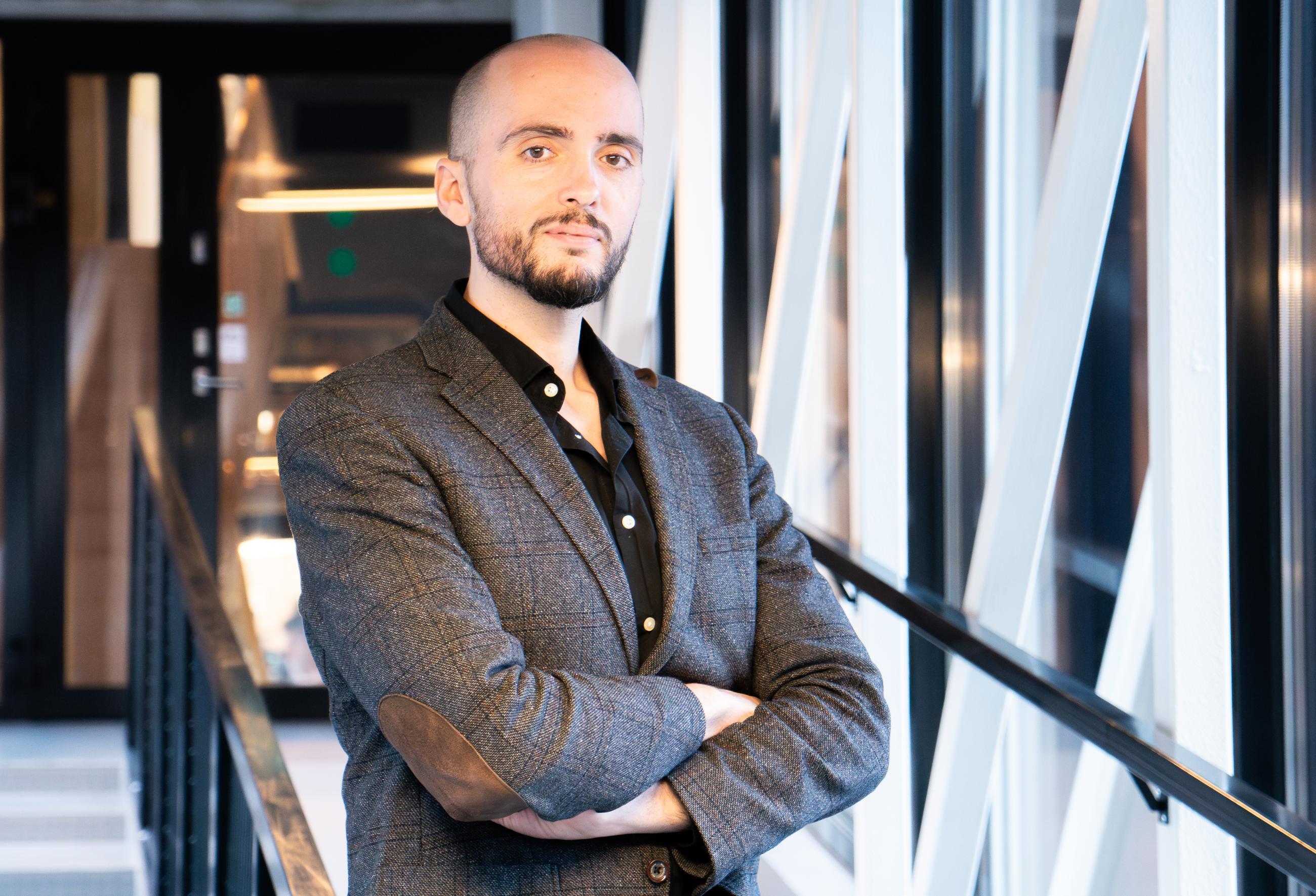Michael Andrew Keerdo-Dawson: "The biggest temptation in doing a PhD was the chance to do artistic research, where the research and artistic practice are entangled."

What was the tipping point in choosing to pursue a PhD?
There were both personal and professional considerations. The biggest temptation in doing a PhD was the chance to do artistic research, where the research and artistic practice are entangled. The opportunity to reflect and contribute to knowledge of filmmaking through the process of filmmaking itself was a fascinating opportunity and I wanted to try it. Now I’m a complete convert to this process and see its value for the future of innovative in artistic practice, new knowledge in filmmaking, and new trajectories in research.
On a lighter note, a colleague told me I should do the PhD because I wasn’t getting any younger. It was also convincing and he was right. I didn’t get any younger over the five years it took me to complete my PhD—in fact, I think I aged double that amount. If I was a bottle of scotch, I would be eminently drinkable by now.
Why was it important to further study the topics you focus on in your thesis?
Interactive filmmaking is an exciting realm made more viable with modern technological advances which are both building on and departing from the sorts of stories more commonly told in the past. Interactive filmmaking forces the writer-director to break with past conventions in meaningful ways to accommodate the sort of narrative complexity it necessitates. Reflecting on the creative decisions in these circumstances, in my case, exposed certain tensions and tendencies which had been unacknowledged and freed me to explore more radical approaches to storytelling on film. In the modern world, it is important explore methods which would allow writer-directors to consider storytelling in a different way or from a different point of view and with fewer, or at least different, limitations.
What strategies did you use to consistently work on your doctoral thesis and successfully reach completion?
I don’t think I had any ground-breaking techniques. I tried and succeeded in setting some good habits for myself. I scheduled definite times for writing which often started very early in the morning at 5 or 6 a.m. I would set a timer for an hour and wrote non-stop without pausing, then I would take a break for 15 minutes where I could do anything other than write (e.g. take a coffee, go for a walk, watch a video on YouTube, etc.). It went on like this through the morning and then in the afternoon I re-read what I had written for the day and edited. This technique has always worked for me with all kinds of writing.
Can you share a memorable or funny instance that occurred while writing your thesis?
From my apartment window there was a plot of land which was overgrown and full of apple trees. When I began writing my thesis, a construction team arrived at this plot, fenced it off and chopped many of the trees down and set about constructing what would become a block of expensive flats. Week by week I would watch their progress and couldn’t help but draw parallels as they set the building foundations I finalised my introduction; as they built the first, second, and third floors I progressed through my first chapters. As they added the fixtures and fittings and tidied the garden I began redrafting and editing and clarifying what I had written. As they were building these flats I was building something else. Now, two families have moved in and others are sure to come sooner or later and the building will doubtlessly stand for years to come. As I begin disseminating my research at conferences and festivals I feel as if the families have moved in; I hope my research proves useful for some years to come, too.